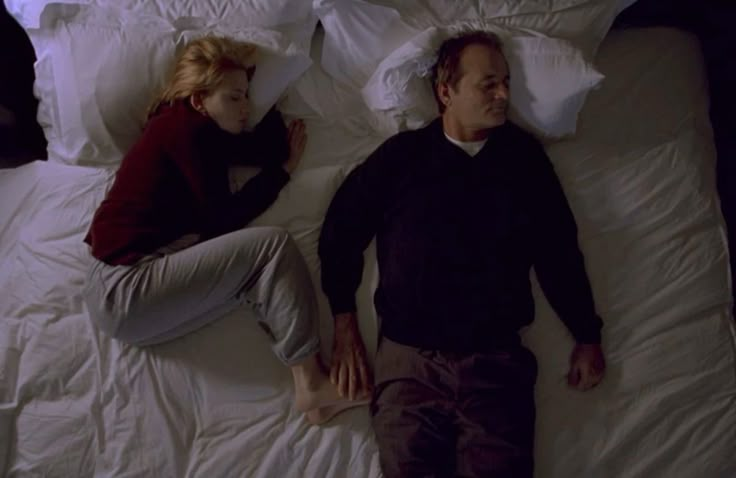The debate about the best time of day to have sex is not new, but the answer is far from simple. From chronobiology to neuroscience, social psychology to cultural imaginaries, data suggests that both morning and nighttime sex provide specific and distinct benefits for the body and the life of a couple.
The Biology of Dawn: Testosterone, Cortisol, and Energy
According to numerous studies, morning is the biologically most conducive time for sexual intercourse, at least from a male physiological perspective. Testosterone—a key hormone in sexual desire in both men and women—reaches its daily peak between 6:00 and 9:00 a.m. (Journal of Sexual Medicine, 2016). This increase not only improves libido, but also the quality of erections and the intensity of pleasure.
In parallel, levels of cortisol, the hormone associated with awakening and arousal, are also elevated early in the morning. In women, this can translate into a greater predisposition to desire and a faster physiological response. Morning sex also acts as a natural energy booster: it stimulates circulation, raises heart rate, and promotes the release of endorphins and oxytocin.
In fact, a study from the University of Belfast suggests that having sex three times a week can reduce the risk of a heart attack by up to 50%. Morning sex, then, is positioned not only as a ritual of intimacy, but as a true ally for cardiovascular health.

Nighttime Pleasure: Intimacy, Relaxation, and Intimacy
On the other hand, nighttime doesn’t necessarily offer the greatest hormonal potential, but it does offer the best psychological and social context. The Kinsey Institute confirms that most couples choose nighttime for sex, not for biological reasons, but because it’s the only time when work and daily obligations take a break.
Physically, nighttime sex is directly related to sleep quality. After orgasm, the body releases prolactin—the sleep hormone—and oxytocin, both linked to relaxation and the induction of deep sleep. Likewise, melatonin, released at night, enhances the sedative effect of sexual activity.
On a psychological level, nighttime creates a space of privacy and intimacy that is difficult to replicate during the day. Darkness reduces self-criticism and promotes disinhibition, factors that are especially relevant for those who experience anxiety about intimacy.

Chronotypes and Couple Synchronization
The science of circadian rhythms offers an important clue: not all people operate on the same “biological clock.” The so-called chronotypes—popularly known as “larks” (most active in the morning) and “owls” (most active at night)—largely determine the time of greatest sexual readiness.
A study published in Frontiers in Psychology (2015) showed that individuals with a morning chronotype report greater satisfaction with sex first thing in the morning, while those with a night chronotype achieve their peak performance and enjoyment in the afternoon or evening. However, what is truly decisive is not so much individual preference as the ability to synchronize with one’s partner.

Beyond Science: The Cultural Dimension
The debate between morning and nighttime sex also touches on cultural and aesthetic imaginaries. While “morning sex” has been romanticized in advertising campaigns as a symbol of freshness, youth, and vitality (from Calvin Klein in the 1990s to current wellness rituals on TikTok), nighttime sex maintains a historical link with transgression, hedonism, and experimentation, from Berlin’s club culture to erotic fantasies depicted in cinema.
In this sense, the time of day not only structures the physiological experience but also encodes meanings: dawn as a metaphor for renewed energy; nighttime as a territory of mystery, pleasure, and freedom.
The Verdict: It’s Up to You (and Your Bio-Clock)
There is no “best” time for sex. Scientific evidence shows that mornings enhance biological response and health benefits, while evenings promote emotional intimacy, relaxation, and rest. The choice depends on the couple’s chronotype, lifestyle, and, above all, their ability to find a meeting point in their rhythms.
What is clear is that synchronizing with your partner matters more than the time of day. Sex ignites where chemistry exists, whether in the mid-morning lull—with the day’s energy already ignited—or in the afternoon. Science has scrutinized dawn and night, but the reality is simpler: any time of day can become a place of pleasure if synchronicity is achieved.

If you had to choose between sex and food, what would you prefer?
Sigue toda la información de HIGHXTAR desde Facebook, Twitter o Instagram
